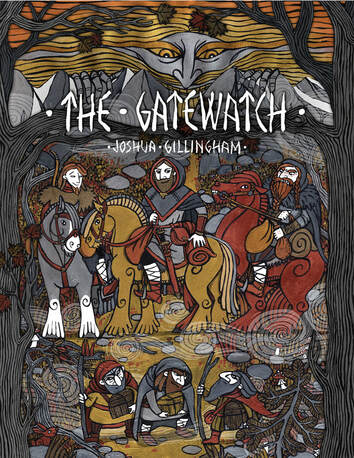The advice I gave in Part I of Becoming a Resilient Writer went down pretty easy, maybe not ‘strawberry milkshake’ easy but certainly ‘spinach smoothie’ easy. Part II is full of suggestions that most will find about as palatable as shooting apple-cider vinegar straight. However, as a beneficiary of honest writing advice myself I feel compelled to pass these lessons on. "Clearly the message of resilience resonated with the wider writing community. " The first lesson on the second stage of my writing journey is this: view rejection as a personal victory. I am not kidding when I tell you that I literally jumped out of my chair and did a double fist-pump in the air when the notification of my first rejection popped up on my phone. I was elated. Why? Because I was rejected by a big publisher. That means they had considered it. For three seconds, three pages, or thirty minutes, it didn’t matter. And believe me when I say it was not the last rejection I received. If I had let those rejections knock me down a notch I’d be far enough underground to hit the water table by now. Whatever I felt, whether it was excitement, frustration, or fear, I threw into the tank as fuel to send out another query, to reach out to another author, or to push through another edit of my manuscript. So don’t let rejection burn you down; use it as rocket fuel instead and eventually you will achieve lift-off. "So don’t let rejection burn you down; use it as rocket fuel instead and eventually you will achieve lift-off. "
"That twenty five minutes which should have been spent crafting the final climactic scene will be squandered scrolling through the responses (or a depressing lack thereof) on your feed. Instances become patterns. Patterns become habits." The third piece of advice I have for writers who aspire to publish their work is this: start networking early and pay it forward whenever you can. There is an incredibly diverse and active community of writers, published and unpublished, who are working their fingers into nubby little stumps trying to get their next book finished and released. Recognize that the rush you get from someone sharing a post about your novel or commenting on an interview you were in is something of value that you can pass on to other people. Here’s the best part: it only costs you a bit of time and energy. And while some might say that time spent connecting with and encouraging other authors should be spent writing, your future publisher might disagree. After all, writing a book is only the beginning; your future publisher is part of the publishing industry and that means selling books. The professional support network you build will be instrumental in getting your book into the hands of fans all over the world. So do unto others as you’d hope they would do to you: send encouraging notes, cheer on their successes, and invest in your own community of author friends, publishing contacts, and future fans. "And while some might say that time spent connecting with and encouraging other authors should be spent writing, As I said in Becoming a Resilient Writer (Part I), not everything that works for me will work for you. But the creative potential within you will not be fully realized if you don’t have the resiliency to see your projects through. Stand firm, forge ahead, and write the story you were born to tell. For more on writing and resiliency Joshua suggests reading Steven Pressfield’s The War of Art.
0 Comments
|
AuthorJoshua Gillingham is an author, editor, and game designer from Vancouver Island, Canada. Archives
April 2022
Categories
All
|



 RSS Feed
RSS Feed
